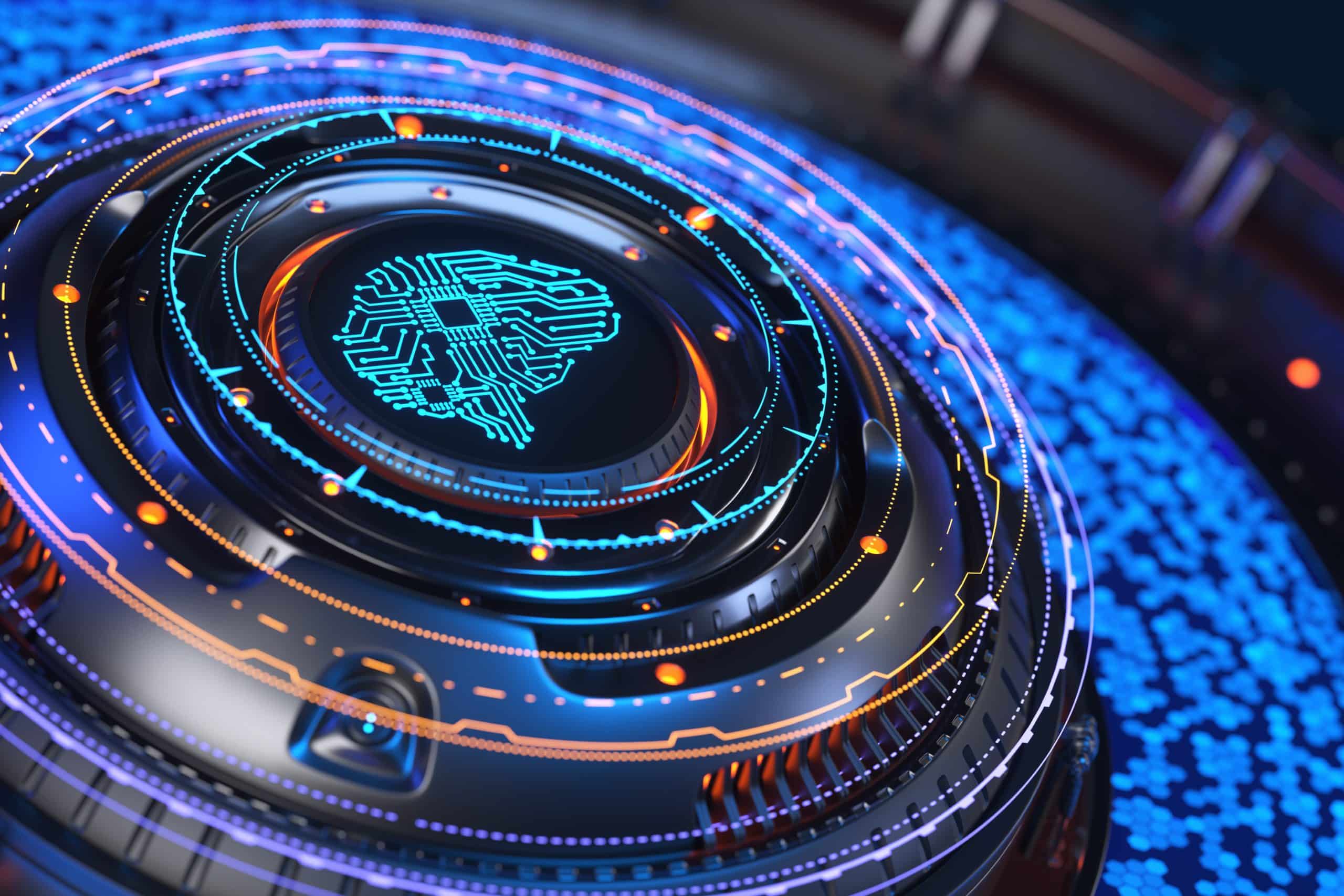What Advances in AI Are Revolutionizing Personalized Learning Pathways in Education?

The intersection of technology and education is on the rise, more specifically with the advent of Artificial Intelligence (AI). This recent development is altering the dynamics of the education sector by introducing personalized learning experiences for students. Powered by AI, this innovative approach to education is driving significant changes in teaching and learning methods.
AI-Driven Personalized Learning Models
One of the significant advancements in AI is its ability to provide personalized learning models. These models tailor educational content and facilitate a learning experience based on the individual needs of students.
In parallel : How Can AI-Driven Smart Mirrors Transform the Retail Clothing Experience?
AI-powered systems collect and analyze student data to identify their learning patterns, strengths, weaknesses, and preferences. These models then adapt the educational content to suit the individual learning style of the student. For instance, if a student shows a stronger aptitude for visual learning, the AI-driven system will provide more visual content, such as diagrams and videos.
Through personalized learning models, AI has the potential to transform the way educators teach and students learn. It not only provides a more engaging learning experience for students but also enables educators to focus on areas where students struggle.
Have you seen this : How Is Computer Vision Assisting in the Quality Control of Manufacturing Processes?
Data-Driven Feedback and Assessments
AI systems have the extraordinary ability to collect, store, and process vast amounts of data. These systems can then use this data to provide real-time feedback and assessments to students and educators.
With data-driven feedback, students can gain a better understanding of their own learning process. It assists them in recognizing their weaknesses and strengths, helping them to focus their efforts more effectively. Similarly, educators can use this feedback to identify areas where students may need additional support or reinforcement.
AI-driven assessments, on the other hand, can provide a more comprehensive understanding of a student’s learning progress. These assessments can track a student’s performance over time, providing a detailed analysis of their learning growth. This not only helps students to track their progress but also supports educators in developing more effective teaching strategies.
Adaptive Learning Algorithms
Adaptive learning is another way AI is revolutionizing personalized learning pathways. Adaptive learning algorithms can adjust the pace and complexity of learning activities based on the student’s performance and needs. This approach ensures that students are consistently challenged at their level, thereby promoting deeper learning and understanding.
These algorithms can also predict students’ performance based on their past learning experiences. This predictive capability can help educators to identify potential learning gaps before they become significant issues. It also allows students to understand their learning trajectory and take proactive steps towards their educational goals.
Increased Accessibility with AI-Powered Tools
AI has the potential to make education more accessible to all students. AI-powered tools and technologies can transform traditional classroom experiences into more interactive and engaging learning environments.
For instance, AI-powered speech-to-text tools can facilitate learning for students with hearing impairments. Similarly, AI-powered text-to-speech tools can assist students with visual impairments. These tools can also be beneficial for students with learning disabilities, as they can customize the learning content to suit their individual needs.
Moreover, AI-powered language translation tools can assist students from diverse linguistic backgrounds. These tools can translate educational content into different languages, thereby breaking language barriers and making education more inclusive.
Enhancing Educator Efficiency
While AI is enhancing the learning experience for students, it is also aiding educators in becoming more efficient. AI-powered systems can automate routine tasks such as grading assignments and tracking attendance. This allows educators to focus their energy and time on more critical aspects of teaching, such as developing effective teaching strategies and providing individual support to students.
Furthermore, AI-powered analytics tools can provide educators with valuable insights into students’ learning patterns. These insights can assist educators in making data-driven decisions, thereby enhancing the overall teaching and learning experience.
In conclusion, AI is playing an instrumental role in revolutionizing personalized learning pathways in education. By providing personalized learning experiences, real-time feedback, and adaptive learning, AI is transforming the way education is delivered and received. With increased accessibility and improved educator efficiency, AI holds the potential to significantly enhance the educational landscape.
Intelligent Tutoring Systems
Intelligent tutoring systems are another significant AI advancement that has been a game-changer in the education sector. These systems offer a more personalized learning experience by simulating the one-on-one interaction of a student with a human tutor. Using machine learning, these systems analyze student data and adapt to their learning styles, strengths, weaknesses, and individual needs.
The intelligent tutoring systems are designed to understand the learning path of a student and adapt the teaching strategies accordingly. For instance, if a student is struggling with a specific concept, the system will change its approach to make the learning experience more effective.
These systems also offer real-time assistance and feedback, which enhance student engagement and performance. For instance, if a student makes a mistake, the system immediately corrects it and explains the concept in a different way. This immediate feedback helps students to learn from their mistakes and improve their future learning outcomes.
Moreover, intelligent tutoring systems offer a more flexible learning environment. Students can learn at their own pace and time, which reduces the stress of keeping up with a fixed schedule. It also allows students to revisit the lessons as many times as required, which reinforces their learning and understanding of the concepts.
The Future of Education with AI
Looking ahead, AI is poised to redefine the future of education. It is transforming the traditional methods of teaching and learning by offering personalized and adaptive learning experiences. By analyzing student data and learning patterns, AI enables the delivery of customized educational content that caters to individual student needs.
AI also offers the potential to bridge the gap in the education system by providing greater accessibility. With AI-powered tools, students from diverse backgrounds and abilities have the opportunity to learn in a more inclusive environment. These tools also break down language barriers, making education accessible to students from different linguistic backgrounds.
Moreover, AI is significantly improving the efficiency of educators. By automating routine tasks and providing insightful analytics, AI allows educators to focus on enhancing the learning experience rather than managing administrative tasks.
Furthermore, the predictive capabilities of AI can help in identifying potential learning gaps and addressing them proactively. This can lead to improved student performance and learning outcomes in the long run.
Conclusion
Artificial Intelligence is undeniably revolutionizing personalized learning pathways in education. Its ability to provide individualized learning experiences, offer real-time feedback, implement adaptive learning algorithms, and enhance educator efficiency is significantly transforming the educational landscape. It’s clear that AI’s role in education will only continue to grow, making the learning process more engaging, effective, and accessible for every student. As we venture further into the future, AI’s potential in education will continue to unfold, driving powerful transformations in the way learning is delivered and received. As a result, both students and educators stand to benefit immensely from these advancements, heralding a new era in education.
